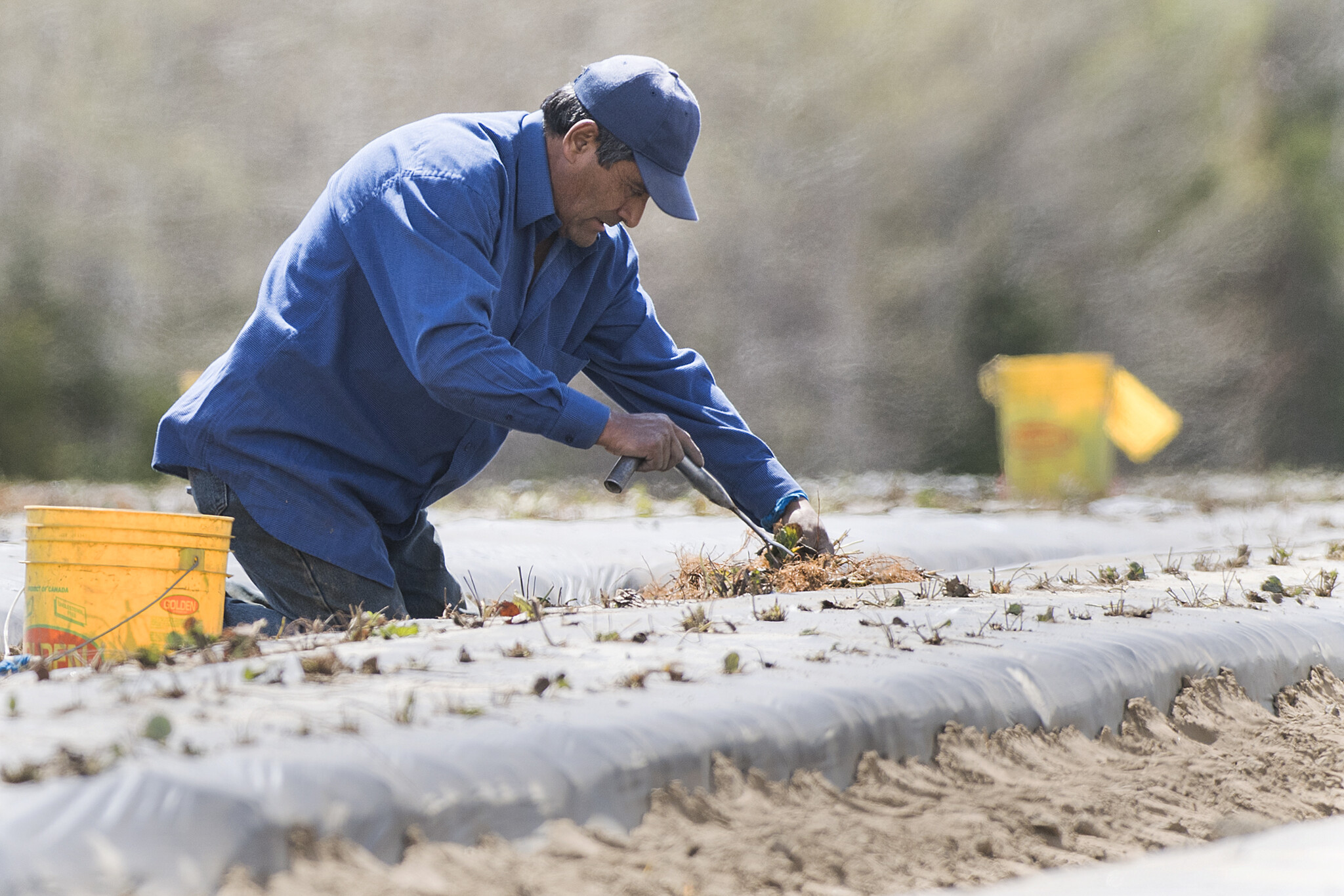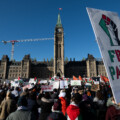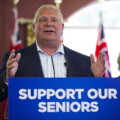In the span of just over a year, immigration went from a political non-starter to regular headline news. Now, just about everybody–including the federal Liberals–agrees immigration simply can’t continue as is. Unfortunately, “can’t continue as is” is manifesting more as a rebranding exercise than a substantial policy overhaul.
In 2022, the federal government dramatically expanded the low-wage Temporary Foreign Worker (TFW) stream, which predictably resulted in exploitative working conditions, surging youth unemployment, and stagnant wage growth. The Wild Westification of the program has been bad for Canadians and newcomers alike.
Yet, the Liberals appear astonishingly reluctant to fix their mistake–that is, if it was ever a mistake at all and not a deliberate policy choice intended to benefit low-wage employers at the expense of those who either can’t vote (non-citizens) or often don’t vote (younger Canadians).
The government’s lack of urgency to this clear crisis suggests perhaps our immigration system isn’t broken but rather working more or less how they intended, minus the public blowback.
As documented in The Hub’s recent DeepDive, the recent mass immigration influx could be described as the human equivalent of quantitative easing (QE), the infamous strategy central banks embraced during the pandemic that effectively printed money to deliberately stoke inflation and pad the pockets of the already-wealthy to the detriment of workers and savers.
The age of QE is over, but now Canada might as well be printing low-wage workers to similar effect. The ideology that underpins QE and mass, barely-controlled immigration is one and the same: that markets from real estate to labour should be rigged to favour the wealthy.
The real problem is Canada’s immigration program has become a wage suppression program. Until that core objective changes, the crisis will persist.








